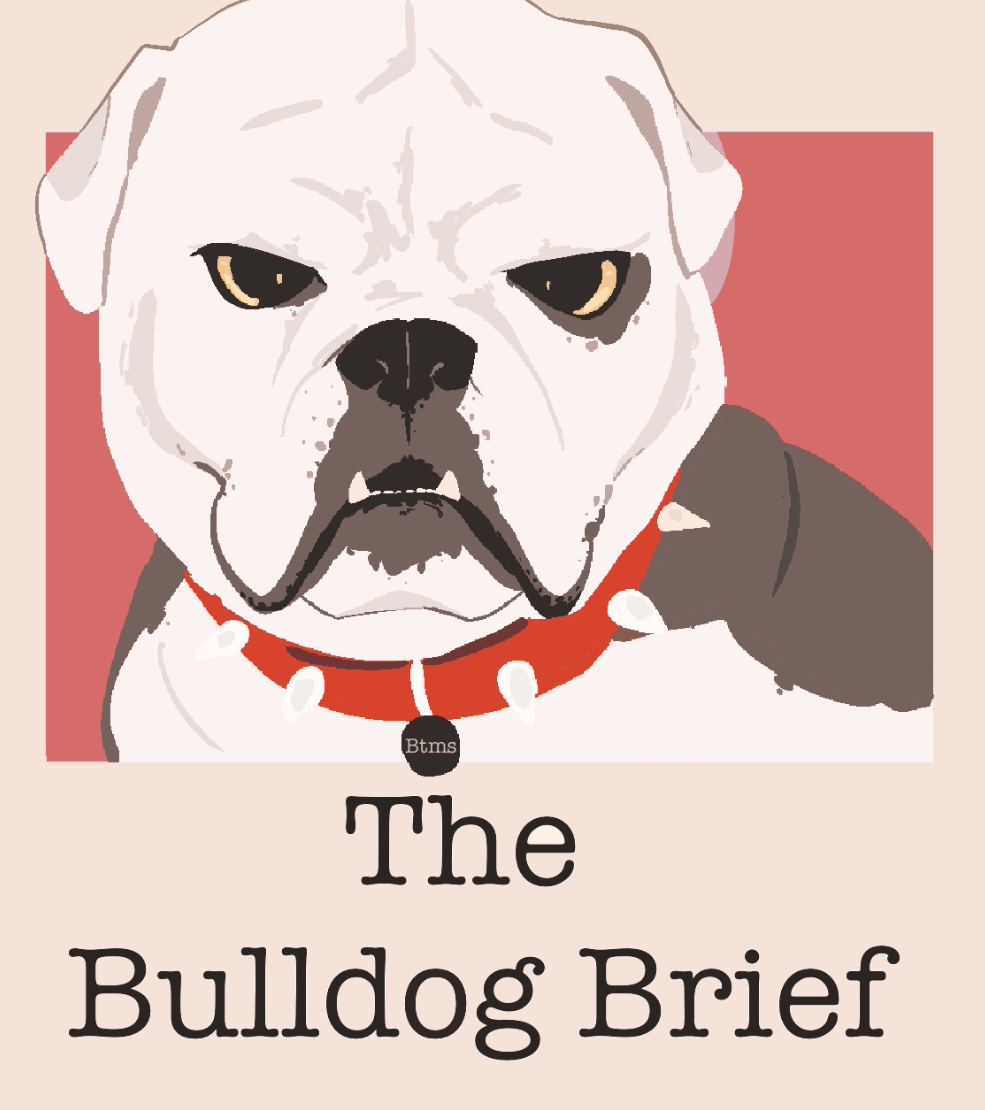Legally Blonde: A Masterpiece
Legally Blonde: A Masterpiece
On July 13th, 2001, Legally Blonde was released and it featured actress Reese Witherspoon. It is a comedy novel written by Amanda Brown and was adapted into a movie directed by Robert Luketic. It is a story about a woman named Elle Woods who is more on the feminine side. She enjoys getting her nails done, pretty clothes, and is really into fashion. Elle and her bubbly personality are so easy to fall in love with. However, that isn’t the only thing I love about this movie. It goes much deeper than that.
Built-in Misogyny
What is built-in misogyny? Or internalized misogyny, as others would put it? Internalized misogyny is prejudice or judgment against women that we may not even know we have or may not even be on purpose, hence the name internalized. An example of internalized misogyny is the “dumb blonde” stereotype. Think back to any movie that takes place in high school or a teen film that caters to young girls. There’s usually a common cliché played among these films, the nerd, the jock, and the dumb blonde.
In these movies, the dumb blonde trope usually portrays the feminine, popular blonde girl as snobby, stuck up, ignorant, and vicious. This has been played time and time again in movies, but Legally Blonde saw this issue and tackled it in one of the best ways possible.
Elle Woods
As I told you before, Elle Woods is a feminine woman and someone who enjoys “girly” activities or interests. Think shopping, fashion, etc.
And of course, this isn’t a problem; Elle is a kindhearted and intelligent woman who has her hobbies and interests. But to others, it is. The movie starts as Elle’s sorority house is passing around a card. That card would be an engagement card for Elle and her boyfriend Warner. Elle is excited and almost positive that her boyfriend is going to propose to her later tonight at a fancy restaurant, and tells all of her sorority friends about it. But things take a turn at the restaurant as Elle finds out it was the opposite; Warner breaks up with Elle. But why? When Elle asked the same question, Warner stated that he needed someone “serious” if he’s going to law school, and even goes on to say, “I need a Jackie, not a Marilyn.” Everything clicks together as Elle finally realizes what he meant – Warner didn’t take Elle seriously and saw her as a stupid, carefree blonde. Elle is distraught and heartbroken over this and goes back to her sorority house grieving and in pain over her breakup.
Weeks later, Elle is out with her friends who hope to cheer her up by getting their nails done. While Elle was waiting on the sofa she came across a story in a magazine that brought an idea to her mind, law school! If Elle got into law school, she’d finally be the girl Warner wanted. She settled it and went to her parents and guidance counselor, who didn’t take her seriously and asked her to rethink her decision.
These parts of the movie I find very important and interesting. Not even her parents or guidance counselor believed Elle had what it takes, all because of her image. It made me think even more about the way misogyny and the patriarchy affect us, sometimes without us even realizing it.
But at last, Elle studies relentlessly, and she finally gets the big letter. She’s accepted into Harvard Law School!
But the story doesn’t end there. Despite Elle making it into law school, she still isn’t taken seriously. She’s being stereotyped and brought down by her peers, professors, and ex-lover.
Elle puts on a bunny costume and goes to a Halloween themed party she was invited to, where she approaches Warren and attempts to make small talk with him. Warren’s chuckles and demeaning views on her still haven’t changed. Why!? Elle is in law school just like him. Shouldn’t that be enough?
Elle’s face dropped, realizing what was going on. She asked him, “I’m never gonna be good enough for you, am I?” and at this point, Elle was done. She wasn’t going to do this for Warren any longer but for herself; to prove just how smart she is and to show herself she’s just as intelligent as everyone else on campus.
Elle is smart and goes to prove that. She even gets to work in a real court case with someone she knows as her defense. Though Elle’s struggle doesn’t stop there. A professor harasses her which brings her down greatly, almost leading her to quit. But Elle isn’t easily defeated, after a pep talk at a nail salon she quickly throws herself back into the case.
Even though others in that courtroom didn’t see Elle as much, Elle saw herself and believed that she could defend her client. And she did exactly that, winning the case and showing everyone just how smart she is.
Conclusion
I adore this movie and Elle with every bone in my body. I love it for its comedy, characters, and the message behind it. Legally Blonde wasn’t afraid to tackle a stereotype and common issue within a patriarchy that some may not even see. When the dumb blonde trope is played in movies promoting feminism, it backhands the original message and degrades women and girls. Every woman is smart and capable of victory. Whether they’re feminine, or more on the tomboyish side, each side is just as smart and powerful as the other and deserves just the same amount of respect. Legally Blonde is a beautifully written movie that defeats stereotypes and preaches equality for women without bringing the other side down, which is exactly what we need to do as a community.
I may be a bit biased but I’m not going to not love this movie and would rate it a 10/10. I would definitely recommend it.
Thank you for taking the time to read this review! Make sure to come back to the Bulldog Brief another time and check out the stories we have to share.
Hello! My name is Rayah, my pronouns are She/Her! I'm a writer in journalism, I love anime and video games, my favorite anime's are black butler, hxh,...






Consuelo Carlson ¦ Feb 3, 2022 at 8:47 pm
One of my favorite movies!